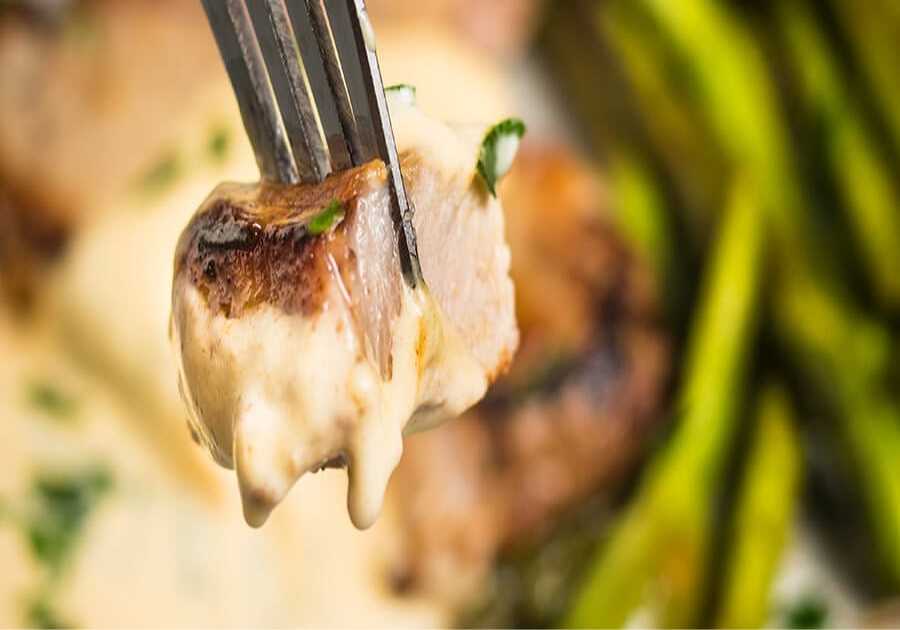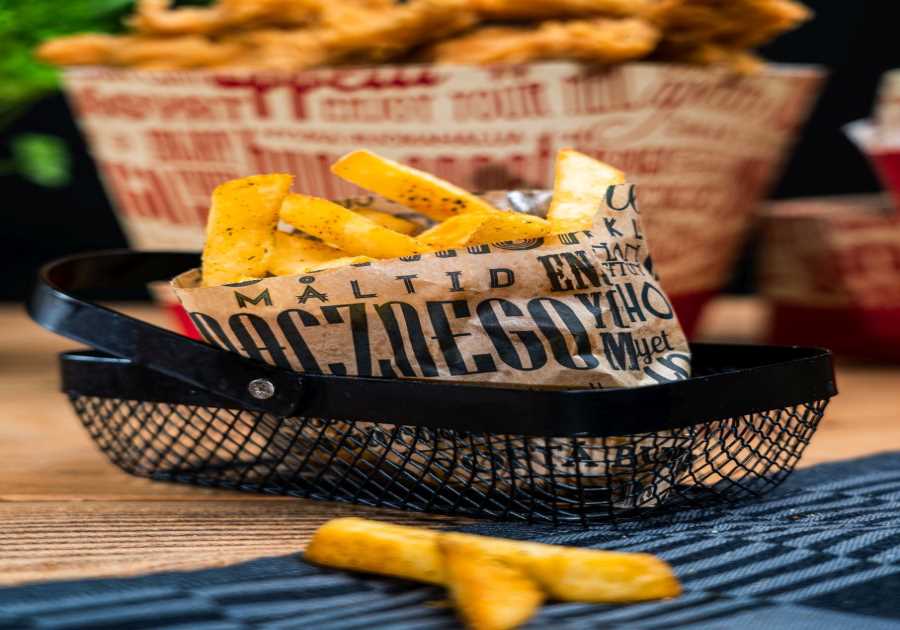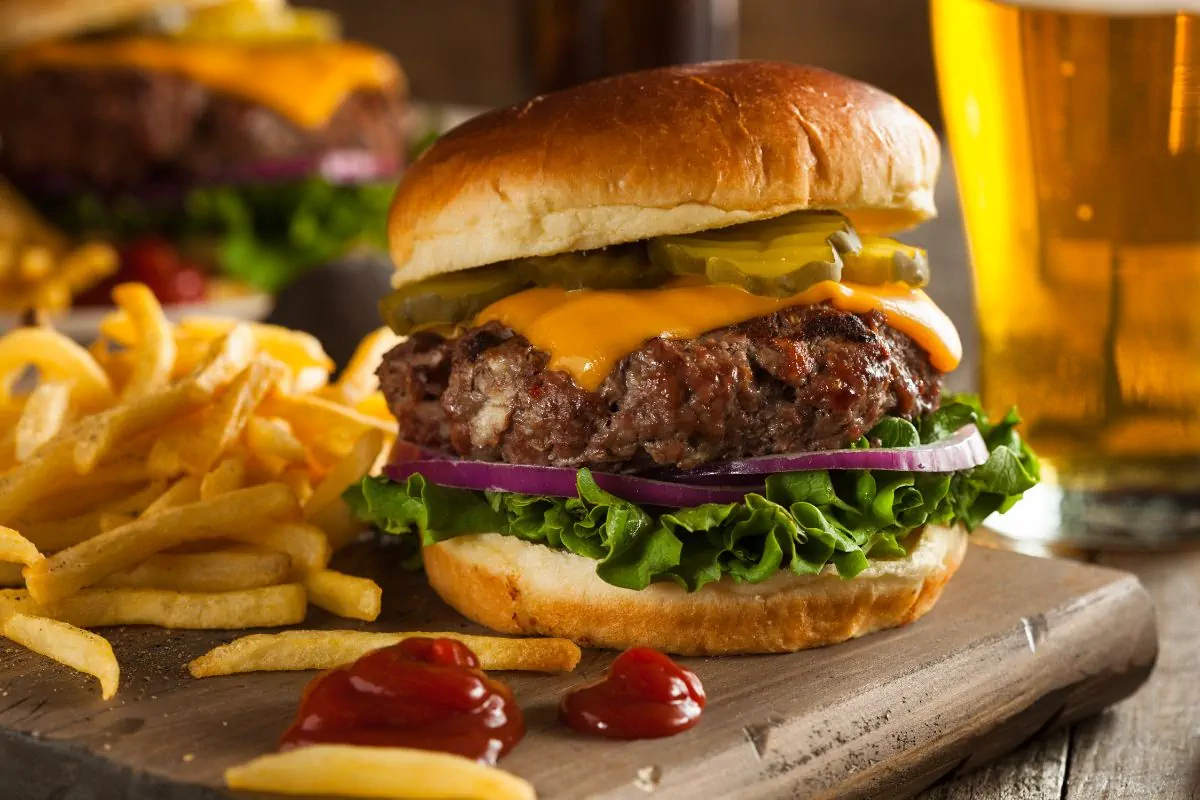
There are a number of different meats that can be eaten on a keto diet. These include organ meats, sausages, steaks, and chicken wings. All of these are very tasty and can be enjoyed on a keto diet. The problem is that finding the best meats can be difficult.
Steaks
Steaks are a great source of protein for keto. They're loaded with healthy fats and provide an abundance of essential micronutrients. However, it's important to know which steaks to choose. Here are the best cuts for keto dieters.
One of the most delicious, flavorful, and healthy steaks for keto is the rib eye. Ribeye steaks contain more protein and monounsaturated fat than other cuts. A ribeye steak will help keep you full for longer and is high in omega-three fatty acids, which are excellent for heart health.
Another flavorful steak for keto is skirt steak. This cut comes from the diaphragm area of the cow, so it's rich in beefy flavor.
Organ meats
Organ meats for keto are a great way to provide the body with the nutrition it needs. They are an excellent source of protein, vitamins and minerals. Plus, the flavor and texture of some of these meats is comparable to more expensive cuts of muscle meat.
For the most part, organ meats are cheap and easy to obtain. In fact, you can often find a large selection of these items at your local butcher. You can also purchase them online from reputable vendors.
However, you should be aware of the downsides of using organ meats for keto. One of the major drawbacks is that these foods tend to spoil quickly. This means that you'll need to use them within a short period of time. Another problem is that some organ meats contain high amounts of cholesterol.
Grass-fed meats
Grass-fed meat is an excellent choice for those following a ketogenic diet. The main reason is that it contains many key micronutrients, including zinc, iron, and selenium. These minerals are vital to your health.
Grass-fed beef has a higher concentration of vitamin E, which is a significant nutrient that helps your immune system function at its best. In addition, grass-fed beef is loaded with omega-3 fatty acids. Omega-3 fatty acids are critical for the health of your heart and your overall well-being.
Grass-fed meat is also a great source of antioxidants. Studies have shown that this nutrient helps prevent diseases, such as cancer.
Processed meats
If you are on a keto diet, you may wonder if processed meats are safe to eat. While they are technically permitted, you should be careful.
Processed meats, such as sausages, bacon, hotdogs, and even pepperoni, aren't the healthiest choices. These products often contain added sugars, sodium, and fillers. The World Health Organization calls them "carcinogenic to humans."
Although the ingredients in these products aren't bad, they aren't ideal for a keto diet. To be sure, read the label carefully.
Most of the meats you'll find in a sandwich are fine to eat on a keto diet, although some varieties are higher in carbs than others. For instance, pork chops contain more fat than filets.
Sausage
The keto diet is a popular way to lose weight. It consists of a very low carbohydrate diet with moderate protein and fat. Aside from losing weight, it can also lead to better health.
If you're looking to drop a few pounds, you may be wondering what meats are best for the keto diet. Fortunately, there are some great choices.
The best meats for the keto diet include lean cuts and fatty cuts. However, you should be aware that not all meat is created equal. So read your labels and choose the lesser processed varieties.
One of the perks of the keto diet is the increased amount of fat you will burn. Not only will you burn off that excess belly fat, you will also get better blood sugar management.
Chicken wings
Keto wings can be delicious if you make them right. These crispy, savory treats are great for snacking or dipping in a sauce. But there are a few things you need to know before you get started.
First, there are a few different types of wings. You can have plain chicken, boneless wings, or party wings. Whichever you choose, you'll need to find the right meat for the job. Getting a good quality, the organic wing is a must.
Next, you'll want to prepare the wing sauce. Many wing sauces have sugar added, which may increase your carb count. If you're trying to stick to a keto diet, you'll want to avoid sweeter sauces.
Frequently Asked Questions
Can you eat keto fruit?
Are you curious about whether fruit can be eaten on a keto diet. However, be cautious.
It is important to reduce carbohydrate intake to maintain ketosis and to burn fat. Some fruits can still be part of a balanced keto diet.
Although low-carb fruits may be included in a keto meal plan they should only be consumed sparingly and in moderation. Individual fruits may have different amounts of carbohydrates. For example, avocados are relatively low in carbohydrates, while bananas have significantly more carbs.
You can find sugar in fruits. Your body converts it into glucose to make energy. If you are trying to reach nutritional ketosis, an excessive amount of sugar could cause blood sugar spikes. Be mindful of how much sugar you are consuming and don't overindulge in it.
Fresh fruit is more nutritious than processed sugary snacks. This will help you fuel your body, without the added carbs of desserts and processed snacks such as pies or candy bars.
Consider whether or not fruit is a good choice for you. However, it's important to remember that fresh fruits are healthier than sugary treats.
Can you eat keto rice?
Hesitating? Many people are unsure whether or how to incorporate rice into a ketogenic diet. The answer is yes and no. It depends on the rice that you choose. But it can easily be incorporated into your macros, which could lead to a change in the balance of your carefully curated diet.
Rice, a grain-based carbohydrate, is very high in energy per serving. If you are trying to limit calories or reduce carbs, it is best not to eat large quantities of wild or white rice. However, some varieties, like broccoli and cauliflower rice, are low on carbohydrates and still contain essential nutrients like vitamin A, fibre, and protein.
Cauliflower can be used to replace rice in ketosis. It has 3g of net carbs per 1-cup portion. Cauliflower is an excellent substitute for rice, but there are some things you need to be aware of before using it in your meals.
Healthy grains like cauliflower rice, which is low in carbs, can help support a ketogenic lifestyle. Is rice okay to eat on keto? Be mindful of which variety but how much you choose with each meal, and skip any additional fixings that take away from this delicious grain's naturally nutritious benefits!
How much fat do you need to eat?
When following a ketogenic diet, it is important to ensure that you get enough essential fatty acids. This means that you should eat foods rich in healthy fats such as avocados, salmon and other nuts. Additionally, you should make sure to include additional fat sources such as butter and olive oil in your diet. These fats provide various health benefits, including improved cognitive function, digestion, and a stronger immune system. Generally, it would be best to aim to consume around 25-35% of your calories from fat.
Also, it is important to be aware that ketogenic diets can increase your risk of developing heart disease. Trans and saturated fats should be avoided. They can increase your risk of heart disease and other chronic conditions. Instead, try to include healthy fat sources like avocados and nuts as well as fatty fish in your diet. By doing so, you will get all the essential fat acids and other nutrients your body requires to stay energized and healthy.
Not only should you be careful about what fats you are consuming, but it is equally important to be mindful of your fat intake. Exercising too many fats can cause weight gain. Too little fat can cause fatigue, and other health problems. It's important to find a balance that works best for you and how your lifestyle works. Use an app to track your daily intake of fat. This will help you stay on track and ensure you get the right amount of essential fatty acids daily.
Remember that the ketogenic diet is not a quick way to lose weight. While it can help you lose weight in the short term, it is important to ensure you eat a balanced diet and get enough essential nutrients. Insufficient carbohydrate or fat intake can lead to nutritional deficiencies and other health issues. If you're considering a ketogenic lifestyle, you should consult your doctor first.
Can I cheat 1 day on keto?
There are many options available that will allow you to break the rules. It has never been easier. Information is flowing like water and it is tempting to ask if you could cheat for a day while still maintaining your healthy streak.
The truth is, however, not what you might expect. Keto is a lifestyle that demands no compromises. Following a strict diet plan will help you reap the best results and encourage long-term sustainability when it comes to weight loss, overall health, and longevity.
Cheating on keto could cause you to lose track of any progress made towards your goals and slow down the process that leads to you achieving your goals. Consuming something oily or sweet signals to your body that it doesn't need it, and can hinder the benefits of keto.
It is possible to have a few lapses in your diet, but it may be harder than keeping up with the diet. It is worth evaluating the impact of these factors on age, activity, genetics and other factors.
Even though temptation is a common factor in making poor decisions, it is ultimately up to you to decide what is best for your lasting well-being.
What happens when you exceed 20 carbs in keto?
Think about the potential consequences of going over 20 carbs on keto. This is a critical thought that must be considered. Too many carbs can cause weight gain or stall weight loss.
To unravel the puzzle of how much carbohydrate is enough, you need to understand how carbohydrates interact with your body as well as how fast your body processes them.
You should avoid eating too many processed carbohydrates if you are following a low carbohydrate diet like a ketogenic one. It is important to not exceed your body's energy requirements. That means you should reduce your carbohydrate intake by no more than 20g per daily. Ketosis is a state of ketosis that you must maintain. Exceeding this can cause imbalances in the body which can hinder progress.
It pays to be within the guidelines of a ketogenic Diet for optimal health. Doing so reinforces how your body breaks down these macro components for energy production - an essential process for those seeking sustainable weight loss and physiological balance.
What's a recommended lazy keto diet to start?
The beginning of your keto journey is exciting, but it can also be intimidating. It's easy for people to become overwhelmed by the amount of information available online. That's where the "lazy keto diet" comes in.
A lazy keto diet does not require you to track every macronutrient. Instead, it focuses on reducing your net carbohydrate intake to between 25-50 grams per day to reach and maintain ketosis. This approach is less restrictive than traditional keto diets as it doesn't require you to keep an eye on your macronutrient ratio or caloric intake.
The lazy ketogenic diet allows you to forgo tracking macros in favor of whole low-carb food choices that you love. You are encouraged to eat moderate amounts of meat, eggs, dairy products and nuts while avoiding added sugars and starchy carbohydrates.
Lazy Keto is a great way to get low-carb lifestyle without sacrificing your favorite meals or compromising important nutrients. Lazy Keto is great for those starting on their health journeys who have little time or knowledge about keto nutrition plans or if you need a break from counting macros each day yet still want to reach your weight loss goals.
Is keto right for you?
Investigating what is "right" for you and your journey means making a deliberate choice to ask hard questions and do your research. That is why the age-old keto diet has been around for so long and remains popular today - it is believed to offer health benefits far beyond just weight loss.
Ask yourself what your health goals are. Are you looking to lose weight, increase mental clarity, or balance your gut microbiome? Although there are no single-size-fits all methods, keto is a good place where you can start.
Keto works to reduce the amount of carbohydrates we consume, and is best when there are 20 grams a day. This forces our bodies into a biochemical process known as nutritional Ketosis. Our bodies use fat as an energy source, instead of sugar and glucose. While it might be hard to stick to a strict carbohydrate limit at first, it will become easier over time.
As long as you maintain strong nutritional quality and intake of certain healthy fats, such as Omega 3 fatty acids and other beneficial mono/polyunsaturated fats found in avocados, salmon, or nuts, you should see beneficial metabolic effects from following a ketogenic diet, whether you want body composition changes or general internal health improvements.
If you balance your nutrient intake with keto, it can be very sustainable. Make sure to eat real whole foods and eat small portions. Properly done, keto could be very beneficial. It is worth taking the time to read up on it from trusted sources before making major steps forwards (or backwards).
Statistics
- One older study found that the ketogenic diet improved insulin sensitivity by a whopping 75% (25Trusted Source (healthline.com)
- Carbohydrates are the body's preferred source of energy, but on a strict ketogenic diet, less than 5% of energy intake is from carbohydrates (learn more in our beginner's guide for the ketogenic diet). (eatingwell.com)
- Recommended Keto diet includes: Keto sushi bites, olives, one or two hard-boiled or deviled eggs, keto-friendly snack bars, 90% dark chocolate, full-fat Greek yogurt mixed with nut butter and cocoa powder, bell peppers, and guacamole (healthline.com)
- But, a 1-ounce slice of cheese delivers about 30% of the Daily Value for saturated fat, so if you're worried about heart disease, consider portion size when eating cheese. (eatingwell.com)
- When following a ketogenic diet, carb content is between 5–10% of calories consumed, though looser versions of the diet exist (7Trusted Source (healthline.com)
External Links
hsph.harvard.edu
pubmed.ncbi.nlm.nih.gov
- PubMed: A low-carbohydrate, ketogenic diet is a good way to manage type II diabetes mellitus
- PubMed: [Eggs do NOT increase the risk for cardiovascular disease and can safely be eaten]
ruled.me
academic.oup.com
- Oxford Academic
- Dietary components and risk of cardiovascular disease and all-cause mortality: a review of evidence from meta-analyses
How To
What are the Best Foods You Can Eat on a Ketogenic Diet?
To get the best ketogenic diet results, it is important to eat the right foods. Eat plenty of protein, eat moderate amounts of carbohydrates, and incorporate fats.
It is important to eat lots of whole foods and consume moderate amounts of healthy fats such as avocados, coconut oil and butter. You can maximize your success by eliminating all types of sugar, bread, or grains.
If you want to ensure your body receives the best nutrition, organic should be your top priority. Free-range eggs will ensure that you receive vital nutrients from concentrated resources naturally fed by the environment.
Enjoying delicious low-carb foods like broccoli, cauliflower and spinach can help curb cravings. It is possible to add probiotic properties to your diet through fermented foods. These have been linked to reduced inflammation and better metabolic health.
Wild meats like venison, duck, and partridge can be used in a variety of recipes, which adds variety to your menu while also providing lean proteins and minerals that are difficult to find in other foods.
This lifestyle change is about finding a balance between fresh produce in its natural state and adding nutrients to it.






